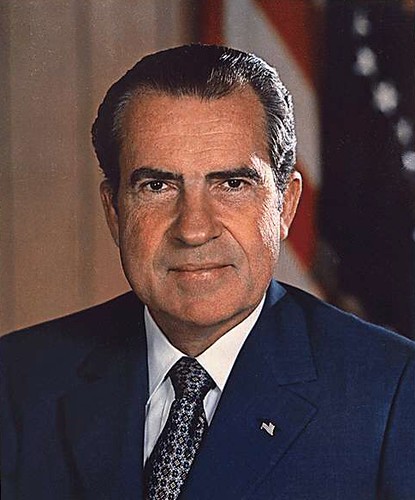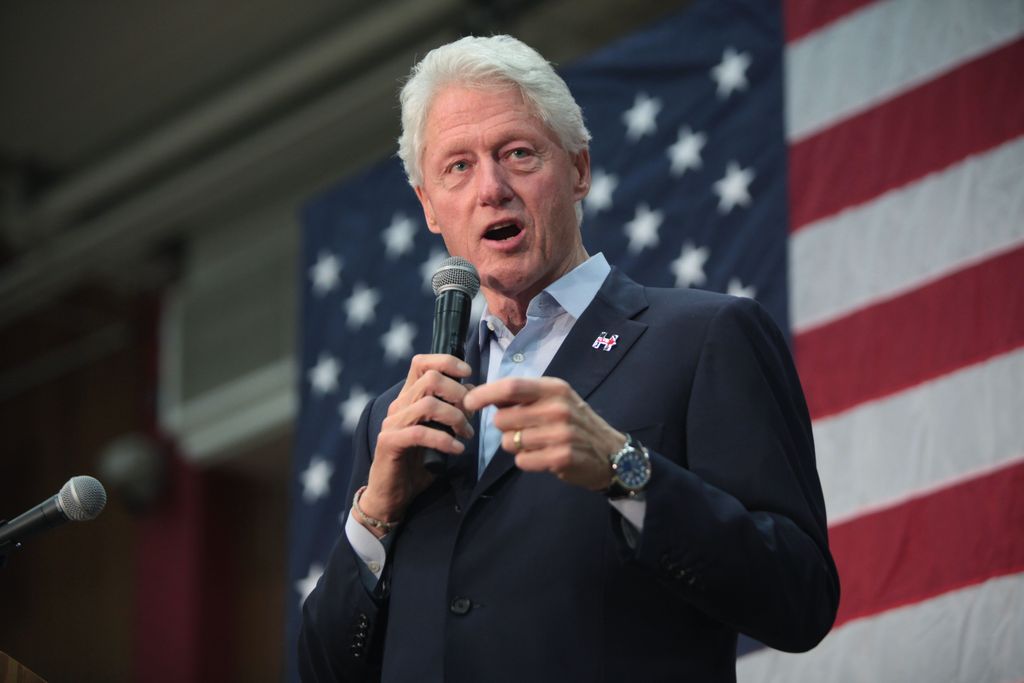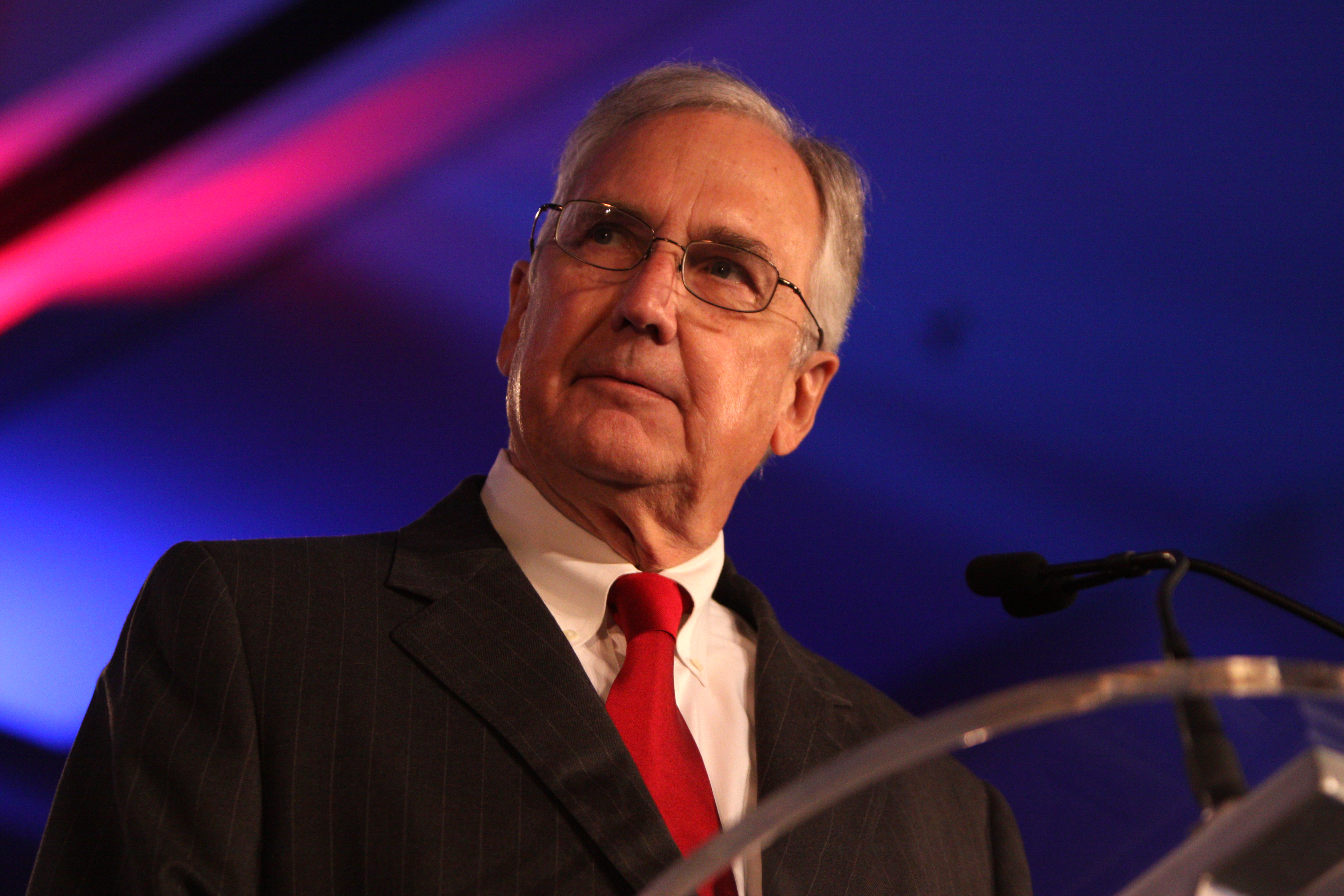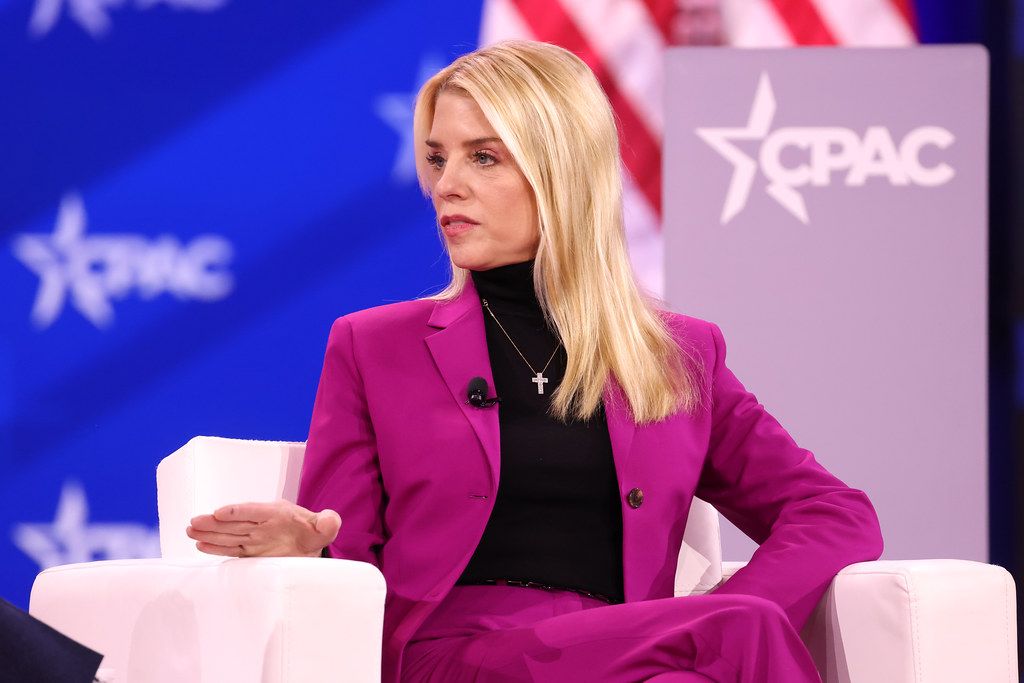
In the fast-paced world of modern politics, careers can ascend and descend with dizzying speed. Gone are the days when a scandal might simmer for weeks or months before truly impacting a public figure’s standing. Today, thanks to the omnipresence of digital communication and the insatiable appetite for immediate news, a single leaked message, an ill-advised tweet, or a controversial public statement can unleash a firestorm that irrevocates a political future in a matter of hours.
This phenomenon underscores a harsh reality for those in public office: every word, every image, every interaction can be scrutinized, recorded, and, if deemed scandalous, amplified across global networks. The consequence is often an overnight collapse, leaving promising careers in ruins and legacies forever altered by one pivotal moment of exposure. It’s a stark reminder that in the digital era, vigilance isn’t just a virtue; it’s a necessity for survival in the political arena.
We embark on a journey through some of the most striking examples from recent history and beyond, where a singular revelation—be it a digital gaffe, a damning report, or a controversial utterance—became the definitive turning point. These are the stories of politicians whose promising trajectories were abruptly halted, proving that a single spark can indeed ignite an inferno.

1. **Anthony Weiner**Anthony Weiner, a New York congressman, found his political career irrevocably altered in 2011 when his Twitter account posted an image of a man’s crotch, displaying a discernible bulge beneath underwear. This singular digital communication instantly made national headlines. Weiner initially responded to the burgeoning scandal by claiming his account had been hacked, while simultaneously evading direct questions about whether he was the individual in the incriminating photograph.
Days later, facing mounting pressure and scrutiny, Weiner was forced to admit his deception. He confessed to lying about the tweet and revealed that he had engaged in ting with multiple women. The revelation of these digital exchanges and his initial cover-up proved too damaging to overcome, leading to his swift resignation from Congress. This marked an immediate and dramatic end to his congressional tenure, pushing him out of the political spotlight.
After a period away from the public eye, Weiner attempted a political comeback, launching a campaign for New York City mayor in 2013. However, his past continued to haunt him. News quickly surfaced that he had continued his ting activities even after resigning from Congress, reigniting the scandal that had previously ended his career. This resurgence of controversy ultimately derailed his mayoral bid, proving fatal to his aspirations for rehabilitation.
The specter of ting accusations continued to follow Weiner, culminating in serious allegations of sending sexual images to a 15-year-old and soliciting her to undress on camera. He later pled guilty to these grave charges in court, resulting in an 18-month prison sentence. His political career, arguably terminated the moment that initial tweet was posted, definitively concluded with the failure of his mayoral campaign and subsequent legal troubles. He has since stated that he harbors no intentions of returning to government.
Interestingly, Weiner’s scandal had a ripple effect that significantly impacted another prominent political figure, though not overnight. During the FBI’s investigation into Weiner’s activities, agents searched a computer he shared with his then-wife, Huma Abedin, who was a key aide to Hillary Clinton. On this device, investigators discovered emails relevant to their inquiry into whether Clinton had mishandled classified information during her tenure as Secretary of State. These emails became a major flashpoint during the 2016 election, and many speculate that their revelation played a substantial role in Clinton’s eventual loss.
Read more about: Beyond the Headlines: Unpacking the Most Shocking Public Meltdowns That Forced A-List Celebrities to Take a Hiatus

2. **Mark Foley**In 2006, then-Republican congressman Mark Foley, representing Florida, faced a devastating political blow when ABC News reported that he had sent ual messages to underage male pages. These digital messages, which included inquiries such as asking if he made one page “horny,” exposed a stark and deeply troubling contrast to his public persona and political platform.
The revelations were particularly ironic and damaging given Foley’s established political record. He had been a staunch and vocal advocate for the rights and protection of minors, consistently taking a tough stance on offenders. Furthermore, he served as a co-chair of the caucus dedicated to missing and exploited children, a position that amplified the hypocrisy and gravity of the allegations against him.
In the immediate wake of the allegations and the ensuing public outcry, Foley made the difficult decision to resign from his congressional seat. His resignation was accompanied by a public apology, an acknowledgment of the gravity of his actions. Despite the widespread condemnation and the severe impact on his career, he did not face criminal charges related to the allegations at that time.
Following his resignation, Mark Foley permanently departed the realm of politics. He transitioned into the real estate sector, attempting to carve out a new professional path away from the public scrutiny that had defined the end of his congressional term. While he later hosted a political radio show in Florida, his days as an elected official were undeniably over.
The rapid and total collapse of Foley’s career serves as a powerful illustration of how a single, devastating set of messages, once brought to light, can instantly erode public trust and end a political future. The deep incongruity between his public advocacy and private conduct, revealed through these digital communications, left no room for recovery in the political landscape.
Read more about: Get Ready to Rewind: These 12 ’80s Icons Dominated Action and the Box Office Like No Other!

3. **Mike Pence**Mike Pence’s trajectory as Vice President of the United States under Donald Trump positioned him traditionally for a strong future political career, often a springboard for a presidential run. However, his political prospects suffered an immediate and profound setback during the tumultuous events of January 6, 2021, when a single public communication from President Trump dramatically altered his standing.
On that pivotal day, as the nation watched, Trump exerted intense pressure on Pence. As Vice President, Pence’s role was to preside over the certification of the election results, and Trump demanded that he refuse to confirm Joe Biden as the winner. Pence, however, adhered to his constitutional duty, understanding that he did not possess the power to unilaterally reject Electoral College votes.
In response to Pence’s refusal, President Trump issued a tweet that served as an immediate and devastating blow to Pence’s political capital within a crucial segment of the Republican base. Trump’s digital message declared that Pence “didn’t have the courage to do what should have been done to protect our Country and our Constitution.” This singular tweet galvanized many protestors, who subsequently chanted “Hang Mike Pence” at the Capitol, despite his adherence to the constitutional process.
Ultimately, Pence fulfilled his constitutional obligations, presiding over the election certification and declaring Joe Biden the rightful winner. However, the damage inflicted by Trump’s public denouncement, specifically through that impactful tweet, proved insurmountable. It alienated a significant portion of Trump’s fervent supporters, who continued to believe the election was stolen.
Pence subsequently attempted to continue his political career, including a bid for the presidency. Yet, he found himself caught between two irreconcilable forces: running against his former boss for the Republican ticket, and simultaneously having alienated the very base he needed due to his actions on January 6. The broad perception that he was responsible for Trump’s ultimate loss further compounded his difficulties. As a direct consequence, Pence, despite having upheld the Constitution, was forced to suspend his presidential campaign relatively quickly, his political ambitions severely crippled by that one fateful tweet and its fallout.
Read more about: Unlocking Adventure: 14 Must-Try, Affordable Weekend Getaways Near New York City for Every Explorer

4. **George Santos**George Santos entered the political scene with a series of dazzling claims that quickly unraveled, leading to his historic expulsion as the first Republican from the House of Representatives due to a cascade of lies. His career was effectively undermined by the singular revelation of his profound dishonesty, epitomized by one particularly memorable quote that highlighted his deceit.
The fabric of Santos’s public identity began to fray as numerous false claims came to light. He falsely asserted that his mother was present at the World Trade Center on 9/11, a claim debunked by evidence that she was not even in the country at the time. Further investigations uncovered lies about his college graduation and extensive embellishments regarding his employment history, painting a picture of systemic fabrication rather than isolated inaccuracies.
Among the most striking examples of his duplicity was his shifting narrative surrounding his Jewish heritage. Santos claimed that his mother was Jewish and that his Jewish grandparents had narrowly escaped Nazis during World War II. He also publicly declared himself “a proud American Jew.” However, when confronted with the inconsistencies, he famously walked back these claims, stating, “I never claimed to be Jewish. I am Catholic. Because I learned my maternal family had a Jewish background, I said I was ‘Jew-ish.'” This single quote became a viral representation of his evasiveness and lack of integrity, functioning as a “leaked” insight into his modus operandi.
Beyond his genealogical fabrications, other controversial accusations surfaced, further eroding his credibility. These included allegations of withholding life-saving GoFundMe money from a man attempting to fund surgery for his dog, a claim Santos denied, though the dog tragically died. Additionally, a purported image of Santos in drag circulated widely, which he also denied, adding another layer of bizarre controversy to his already tarnished image.
This rapid succession of revelations, all unfolding over just a few months, plunged Santos into deep trouble. He faced investigations and subsequent arrest on a variety of financial-based criminal charges, including money laundering. His consistent pattern of deceit, compounded by these legal troubles, ultimately led to his removal from Congress in late 2023. He later pled guilty to wire fraud and identity theft, awaiting sentencing, solidifying the end of his brief and tumultuous political career, largely brought down by the exposure of his singular, consistent dishonesty.
Read more about: Hold Up, Did That Just Happen?! The 14 Wildest & Quickest Hollywood Engagements That Still Make Zero Sense

5. **Richard Nixon**Richard Nixon’s presidency, a pinnacle of political power, met its infamous end not due to a single leaked email, but an intricately woven web of cover-ups and revelations that epitomized the destructive force of hidden communications. The initial break-in at the Democratic National Committee headquarters in the Watergate complex in 1972 was merely the tip of an iceberg, with Nixon and his administration vehemently denying any involvement in the illicit activities aimed at aiding his re-election campaign.
However, the sustained efforts of investigative journalists and determined congressional inquiries gradually chipped away at the facade. It was the slow, agonizing revelation of his administration’s deep complicity in the cover-up, particularly through recordings and documents, that became the ultimate undoing. The continuous drip-feed of information, rather than one instantaneous leak, painted a picture of systemic obstruction of justice, eroding public trust day by day.
Ultimately, facing imminent impeachment by the House of Representatives for his role in the cover-up, President Nixon made the unprecedented decision to resign from office in August 1974. He became the first and only U.S. President to do so. While his Vice President, Gerald Ford, later pardoned him, the scandal irrevocably ended Nixon’s political career, cementing his legacy with the stain of Watergate, a stark reminder of how high-level deception, once exposed, can utterly dismantle a political future.
Read more about: How Well Do YOU Remember the ’70s? Answer These Real ‘Jeopardy’ Moments to Find Out!

6. **Bill Clinton**Former President Bill Clinton, a charismatic and politically astute leader, navigated numerous controversies during his two terms, yet one singular revelation, concerning an affair with White House intern Monica Lewinsky, proved to be the most personally and politically damaging. News of the affair first surfaced in early 1998, immediately plunging the Clinton administration into a maelstrom of media scrutiny and political attacks. Clinton initially denied the allegations, famously stating, “I did not have ual relations with that woman, Miss Lewinsky.”
However, as the independent counsel’s investigation intensified and more evidence came to light, Clinton was eventually forced to admit to the affair in August 1998. This public confession, a dramatic reversal of his earlier denials, ignited a firestorm, leading to accusations of perjury and obstruction of justice. The revelation of his deceit, after months of steadfast denials, severely damaged his credibility and intensified calls for his removal from office.
The House of Representatives, largely along party lines, voted to impeach President Clinton in December 1998, making him only the second U.S. President in history to face such a proceeding. While he was acquitted by the Senate and completed his second term, the scandal left an indelible mark on his legacy. The affair, once exposed, ensured that while he remained active in the public eye, he would never again run for public office, fundamentally altering his post-presidency political trajectory.
Read more about: Spill the Tea! 14 Jaw-Dropping Lies Celebrities Told During Interviews That Rocked the World

7. **Bob Livingston**Bob Livingston, a Republican Congressman from Louisiana, was poised to achieve one of the most powerful positions in American politics: Speaker of the House. His ascent coincided precisely with the height of the impeachment proceedings against President Bill Clinton in late 1998, an era when moral authority was heavily emphasized in Washington. The stage was set for Livingston to lead the charge against a sitting president accused of infidelity and perjury.
However, Livingston’s own moral standing was about to be dramatically undermined. Reports began to surface that a magazine article was preparing to expose his own history of extramarital affairs. Recognizing the imminent damage and the profound hypocrisy it would create, Livingston made a shocking confession. He publicly admitted to infidelity, an act that immediately stripped him of the moral high ground necessary to lead the impeachment efforts.
In an unexpected and sudden turn of events, on the very day the House of Representatives voted to impeach Bill Clinton, Livingston announced his resignation from Congress. He stated that he recognized the Republican party could not credibly pursue Clinton’s removal while he himself was facing similar allegations. This abrupt departure from politics marked an immediate and unforeseen end to a promising leadership career, ensuring he would not seek public office again, though he later transitioned into lobbying.
Read more about: Goin’ to Californy: Unpacking the Lives of The Beverly Hillbillies Cast, Then and Now

8. **Aaron Schock**Illinois congressman Aaron Schock’s political career, characterized by his youthful energy and media savvy, came to an abrupt halt due to a series of financial controversies centered around the misuse of taxpayer and campaign funds. The catalyst for his downfall was the revelation of his extravagant spending habits, which contrasted sharply with the expectations of fiscal responsibility for a public servant.
Perhaps the most notable and visually striking example was the redecoration of his congressional office in the opulent style of the television show *Downton Abbey*, reportedly at taxpayer expense, by a firm named Euro Trash. This singular detail, quickly becoming a symbol of his lavish spending, immediately garnered widespread media attention and public outrage. Further accusations emerged regarding the use of campaign funds for personal enrichment, including tickets to a sold-out Katy Perry concert he attended with interns and World Series tickets that he resold for profit.
The backlash was swift and severe, with constituents and ethics watchdogs questioning the integrity of his financial practices. Facing mounting pressure and extensive media scrutiny, Schock ultimately resigned from his position in the House of Representatives in March 2015. His resignation prevented a potentially damaging ethics investigation and a prolonged public battle over his expenditures.
Following his resignation, Schock was indicted on charges of wire fraud and other financial-related offenses. While he later reached an agreement with the courts that resulted in the dropping of charges, his political career was definitively over. He has not held public office since, and his story remains a cautionary tale about how seemingly minor financial improprieties, once exposed, can lead to a politician’s rapid exit from the public stage.

9. **John Edwards**John Edwards, a rising star in the Democratic Party and a former Senator from North Carolina, was once considered a leading contender for the presidency and served as John Kerry’s running mate in 2004. His promising trajectory was dramatically derailed by the revelation of an extramarital affair during his 2008 presidential campaign, which ultimately led to the complete collapse of his political ambitions.
In 2007, amidst his second presidential bid, reports surfaced of an affair with Rielle Hunter, a former campaign staffer. Edwards initially vehemently denied these allegations, even as Hunter became pregnant and gave birth to a daughter in early 2008, conspicuously declining to name a father on the birth certificate. His public denials were staunch, maintaining an image of fidelity to his wife, Elizabeth, who was battling terminal cancer, a narrative that resonated deeply with voters.
However, the truth eventually caught up with him. Two years after the initial rumors, Edwards was forced to admit the affair and, critically, acknowledge paternity of Hunter’s child. This confession, combined with further revelations that he had used campaign funds to conceal the affair and ensuing pregnancy, transformed a personal scandal into a legal and ethical one, eroding what remained of his public trust and political viability.
Edwards was subsequently indicted on charges related to the misuse of campaign funds for personal purposes, aiming to hide his infidelity. Although he was acquitted on one count and a mistrial was declared on others, with the case not being retried, he escaped legal consequences. Nevertheless, the continuous stream of revelations regarding his affair, his deception, and his efforts to hide the truth irrevocably ended his political career. He transitioned into a career as a trial lawyer, a stark departure from his presidential aspirations, proving that a single affair, once fully exposed, can lay waste to even the most formidable political careers.
Read more about: The Enduring Luminescence: Unveiling the Defining Facets of Audrey Hepburn’s Iconic Style Beyond a Single Adornment
In this era of hyper-connectivity and relentless scrutiny, the stories of these eleven politicians serve as powerful cautionary tales. Each case underscores a fundamental truth: in the glare of the public spotlight, particularly when amplified by digital leaks and immediate media cycles, a single misstep, a controversial statement, or a hidden truth brought to light can irrevocably alter a career’s trajectory. From private digital messages to public admissions and the misuse of funds, the consequences of exposure are swift and severe, leaving legacies reshaped and ambitions shattered. For those in public office, the digital age demands an unparalleled level of vigilance, for the line between public service and personal downfall has never been thinner, often separated by just one impactful revelation.



